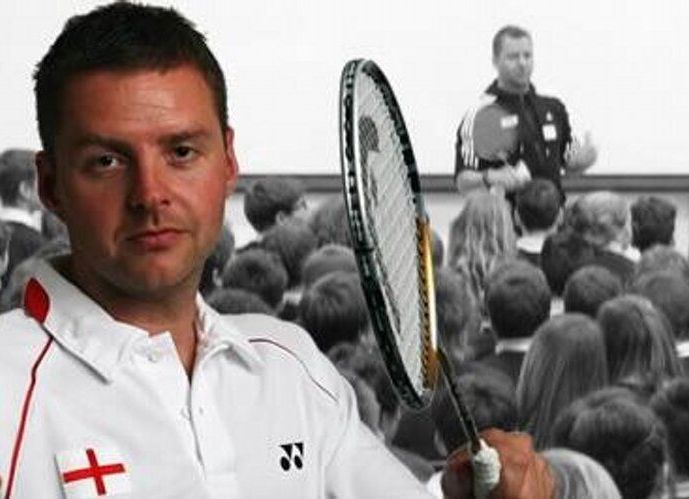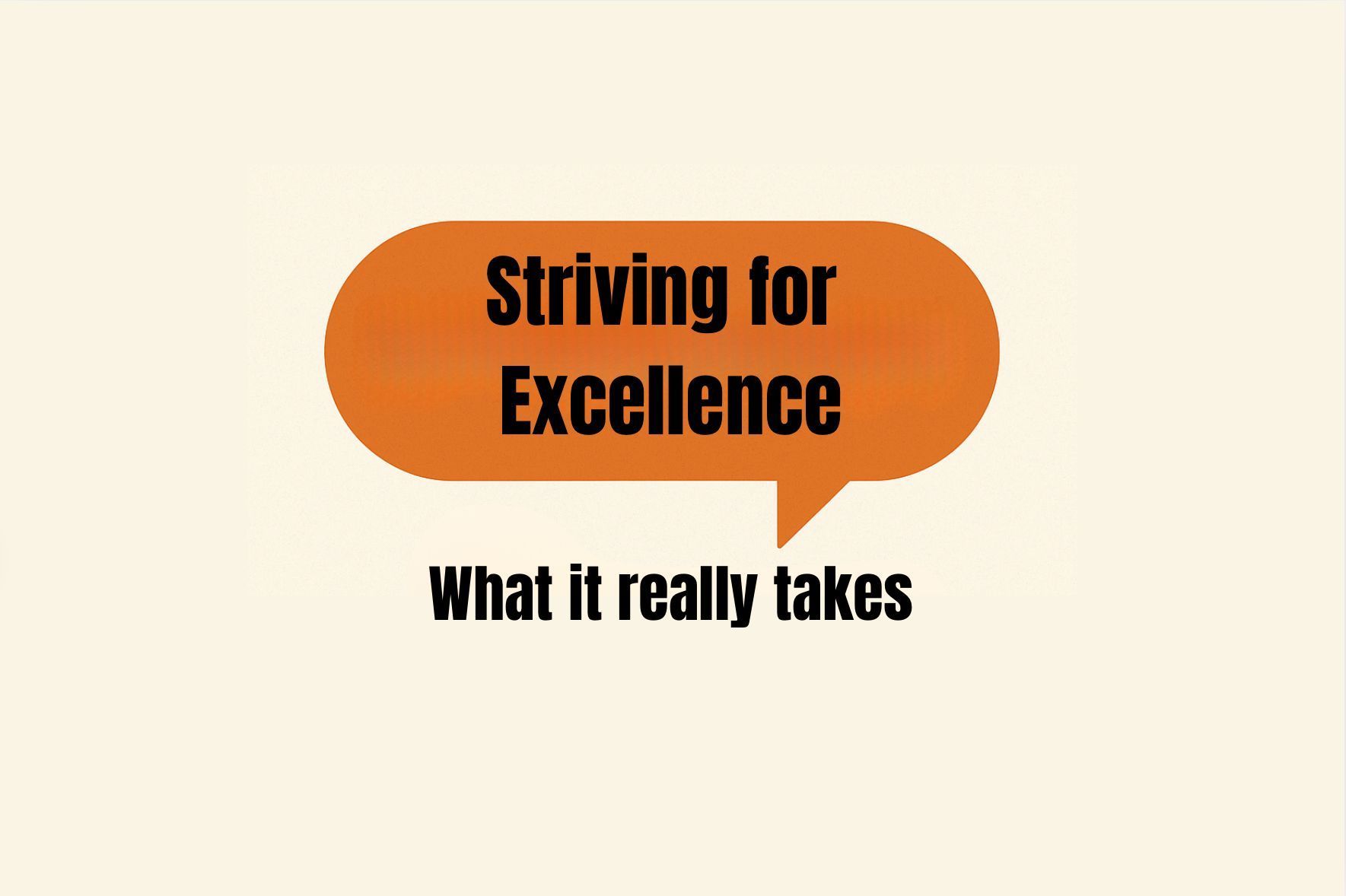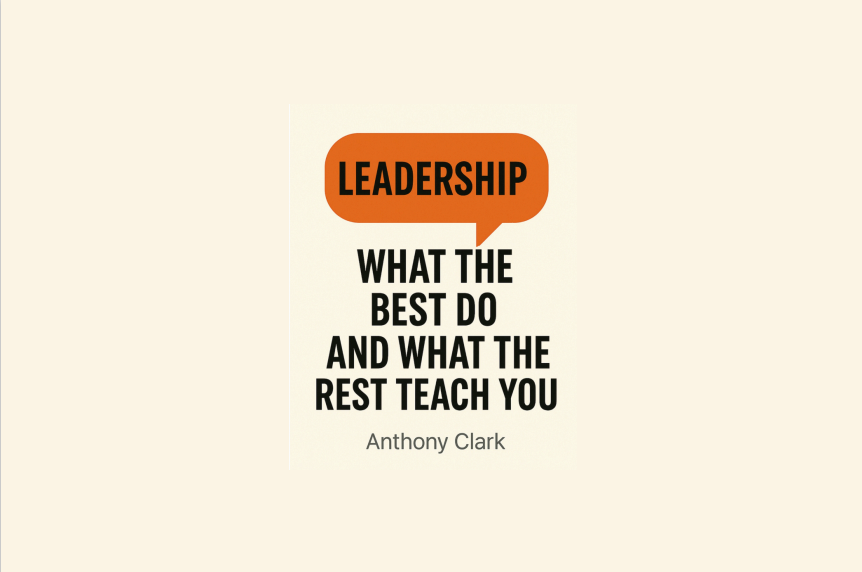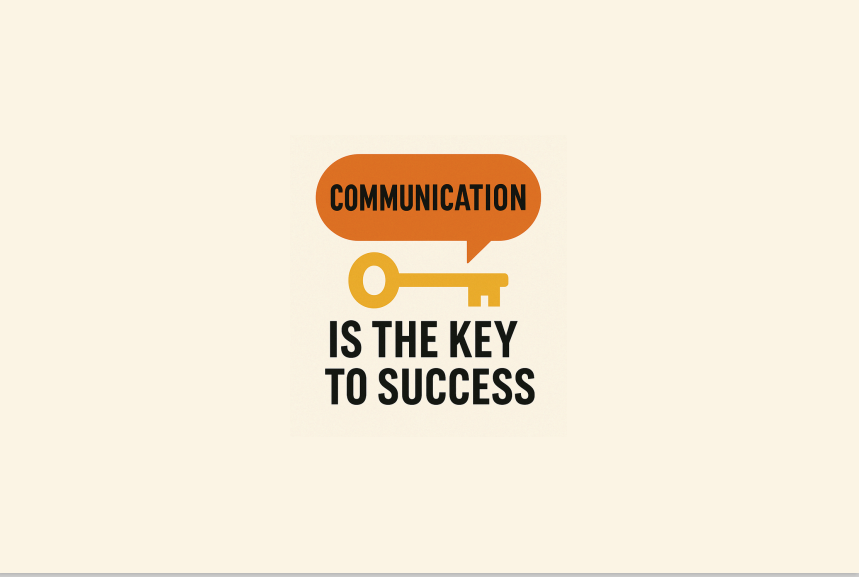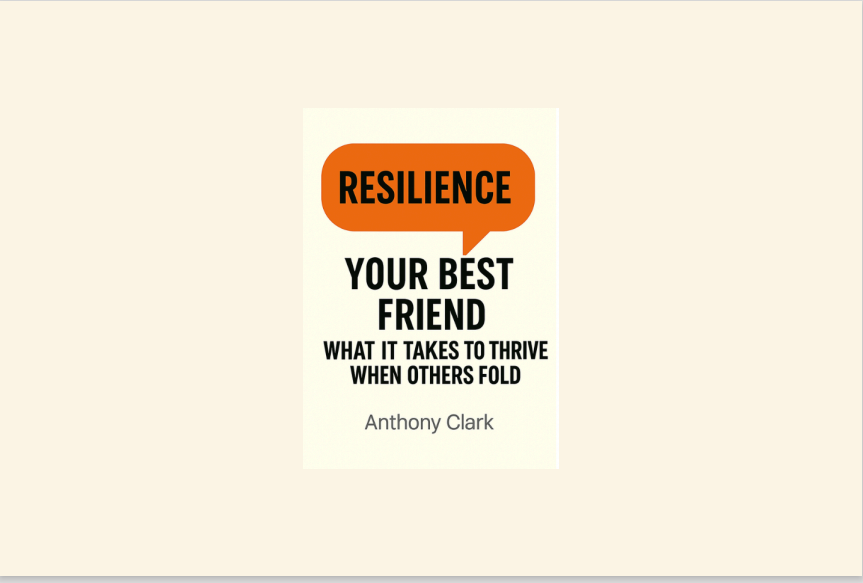The-Missing-Muscle-In-Sports

The Missing Muscle in Sport
We train the body and the skills, but ignore the mind. Yet mentality makes up a huge percentage of an athlete’s success.
I know not everyone in this world wants to be a top-level athlete. But for those who do, this is my view of what having the right mentality really looks like.
Mental training or having a mentor is seriously overlooked by parents, players and coaches. Everyone knows the importance of physical preparation, but very few give the same attention to developing mentality.
Here is how I see it. A top-level athlete, in my view, is made up of three equal parts:
• 33.3% technical skill which is the shots, the techniques, the skills you learn.
• 33.3% physicality which is what your body is capable of doing through strength, speed and endurance.
• 33.3% mentality which is how your mind works under pressure, how you make choices and how you cope with setbacks.
These numbers are not based on hard science. They are simply my opinion formed through 30 years of competing and coaching at the highest level. For me, the point is simple. Mentality is every bit as important as technique and physicality, yet it is too often ignored.
The brain is no different to any other muscle. It needs training. You cannot just expect it to get stronger on its own. Just like the gym builds the body, psychologists, mentors and consistent mental work build the mind.
For me, having a good mentality starts with openness. An open mindset accepts the good and the bad. It accepts when you are right, when you are wrong and when somebody else knows more. Acceptance is the key, because it allows you to make the right choices for yourself, even when those choices are tough and uncomfortable.
Sacrifices and Stretch Goals
I left school at 16 to follow my dream of becoming one of the best badminton players in the world. I left my school friends behind and back then there was no Facebook or Instagram to keep in touch. My goal was clear: to be world number one and Olympic champion. I did not achieve either of those things, but they were always the driving force.
My mindset was simple. If I was willing to work harder than anyone else and if my skill set allowed me to compete at that level, then why could it not be me? The world number one or Olympic champion is only human. They may have skill, strength, talent and fitness, but what separates them most of all is an unbelievable mindset. If I was willing to do the same, why could I not reach those heights too?
In the end, I reached world number four in men’s doubles and world number five in mixed doubles. I made the Olympic quarter-finals in Athens. I did not hit my ultimate goals, but in striving for them I achieved some incredible results along the way. I also had the privilege of beating Olympic champions on several occasions and defeating world number ones many times. I say that humbly, because it shows what is possible when you consistently push for the very highest standards, even if you never quite touch the summit.
That is the power of setting goals that feel just out of reach.
Focus Over Friendship
Leaving friends behind was part of the sacrifice. Even once I had built new friendships within the badminton world, I still had to remind myself what I was really there for.
Sport is social and of course you will build friendships in training. But ask yourself: are you there to be liked, or are you there to be the best?
Good mentality enjoys the environment but knows when to step back, focus and work. That might mean taking a few minutes before a session to visualise your goals, then reviewing your performance afterwards. This is not being antisocial. It is being professional.
Tough Goals Beat Safe Goals
Most athletes avoid setting truly tough goals. They prefer ones they know they can achieve because then they do not have to face the F-word: failure.
But a good mentality embraces stretch goals. It accepts that failure is part of growth, not a sign to give up.
It also knows how to control emotions. Sometimes you need to stay calm, other times you need to get fired up. You might need to slow the pace of a game or speed it up. Even gamesmanship, used within the rules, has its place when applied with the right intent and timing.
Win the Day Before You Play
Athletes with strong mentalities set clear intentions every single day. Not just for big competitions, but for every training session.
Yet I have seen plenty of players turn up, warm up, train hard and leave without ever asking themselves what they wanted to achieve that day.
They treat training like a box to tick, not a step towards a goal.
A good mentality recognises that the work does not end when you put the racket, ball or trainers away. You are preparing for tomorrow through recovery, sleep, nutrition and reflection. All of it matters.
And here is a truth too many ignore: people love to make excuses. Excuses are the easiest way out. But the very best set their own standards, they live by them, and they never allow themselves to dip below the line they have drawn. That level of accountability is what separates champions from nearly men and women.
Excuses Kill Growth
I have seen plenty of bad mentalities over the years:
• Rolling into training after playing Xbox half the night
• Skipping breakfast because you woke up late
• Strolling in last like it is a joke
• Blaming everyone and everything when things go wrong, the coach, the conditions, the partner, never yourself
The best athletes do not make excuses. They own mistakes and make sure they do not happen again. They understand that acceptance is not weakness. It is the foundation of improvement.
And if your favourite sentence starts with “Yes, but…” stop. It is the fastest way to make a coach stop giving you advice. Why? Because it tells them you are not listening, you are just defending.
Be the Sponge, Not the Rock
Over 30 years of competing and coaching at the top level, one lesson stands out: do not be a know-it-all. No one knows everything.
Good mentality is like a sponge. It absorbs information, asks questions and then decides what to apply. Bad mentality is like a rock. It is closed off, deflecting every bit of input.
If a coach is still giving you feedback, it means they believe in you. If they stop, it is rarely about your talent. It is about your mentality.
Growth Lives Outside Your Comfort Zone
The best players are honest about their strengths and weaknesses. They accept them and then actively work to change what needs changing.
That means not waiting for a coach to fix everything for you. It means putting in the work and sometimes taking a step back technically or tactically to move forward long-term.
Visualisation is one of the most underused tools here. Top athletes replay the right actions in their mind just as much as they perform them physically. You might hit 1000 shots in a session, but if you also visualise those shots later, you multiply the benefit.
Control the Controllables
One of the best lessons I ever learned is simple: control the controllables. Focus on what is within your power, your preparation, your effort, your reactions.
Chasing things outside your control is a fast track to frustration and underperformance.
And this is where temperament matters most. Matches are not won by those who lose control when things go wrong. They are won by the athletes who can stay calm, clear their mind and stick to the plan even under pressure.
I have always loved the saying: “When the going gets tough, the tough get going.” It captures the essence of temperament. The tougher the circumstances, the more important it is to keep your emotions under control and keep your head in the game.
Final Word:
A strong mentality is built on acceptance, ownership and the willingness to stretch yourself beyond what feels comfortable. It listens, it learns, it adapts.
Technical skill and physical ability will make you a strong athlete. Mentality is what makes you a winning one.






